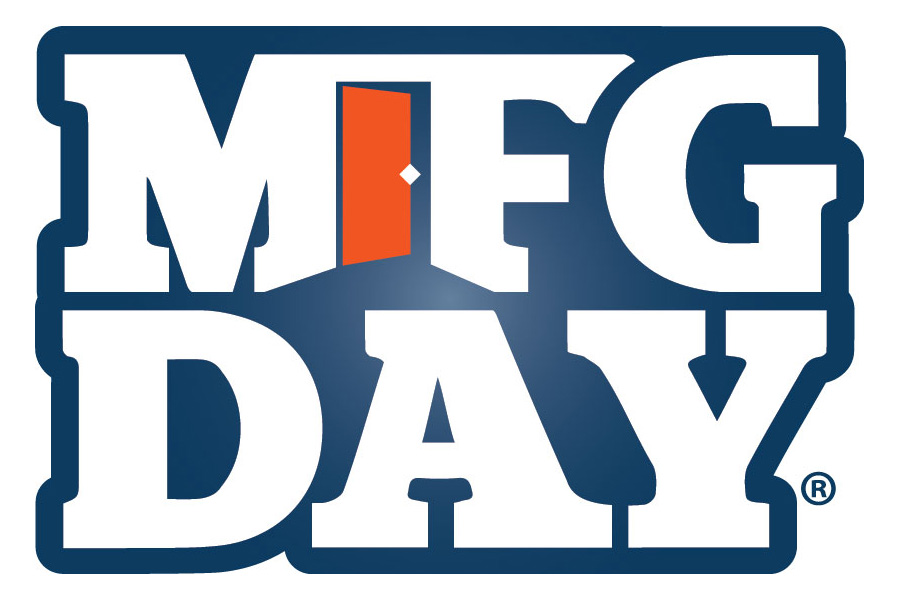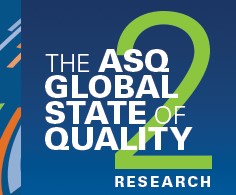As we’ve talked in a previous post about the Definition of Quality, with these 2 terms exist the same “issue” where every single person/organization defines Quality Assurance (QA) and Quality Control (QC) in a bit different way. Also, many people including HHRR (Human Resources) and quality professionals do not know what QA and QC really means, and what the difference is between both terms. For those reasons, these concepts are often used interchangeably, and in some organizations one department performs the activities of both.
The truth is that both terms have strong interdependence; QA relies mostly on the QC feedback and both work to deliver good quality products/services; but they are different processes.
Next table shows the differences between them.
|
QA
|
vs.
|
QC
|
|
| Definition from ASQ.org Assurance: The act of giving confidence, the state of being certain or the act of making certain. QA: The planned and systematic activities implemented in a quality system so that quality requirements for a product or service will be fulfilled. Other definition QA is a failure prevention system that predicts almost everything about product safety, quality standards and legality that could possibly go wrong, and then takes steps to control and prevent flawed products or services from reaching the advanced stages of the supply chain. |
Definition from ASQ.org Control: An evaluation to indicate needed corrective responses; the act of guiding a process in which variability is attributable to a constant system of chance causes. QC: The observation techniques and activities used to fulfill requirements for quality. Other definition QC is a failure detection system that uses a testing technique to identify errors or flaws in products and tests the end products at specified intervals, to ensure that the products or services meet the requirements as defined during the earlier process for QA. |
||
|
QA department develops all the planning processes and procedures in order to try to make sure that the products manufactured or the service delivered by the organization will be of good quality. |
As some process parameters cannot be controlled, QC department checks the products or services for defects that happen due to these parameters, trying to achieve the overall QC objective of providing a defect-free product or service to the customers. |
||
|
QA defines the standards/methodology to be followed in order to meet the customer requirements. * |
QC ensures that the defined standards are followed at every step.* |
||
|
* This is done by conducting various tests and checks. Based on them, the QC prepares regular reports that act as an input to the QA department which then reviews the same and decides on the corrective and preventive actions required in the processes. |
|||
|
In general, the QA activities are done before the product is manufactured or the service delivered (proactive approach). |
The QC activities are done during the manufacturing process and once the product is manufactured. |
||
|
QA is process oriented. |
QC is product oriented. |
||
|
QA makes sure you are doing the right things, the right way. |
QC makes sure the results of what you’ve done are what you expected. |
||
|
QA tasks are conducted by managers, third party auditors, and customers. * |
QC tasks are executed by experts who are directly involved with the design, or manufacture of a product on the shop floor such as engineers, inspectors, etc. * |
||
|
*
|
|||
|
Examples
– A QA audit would focus on the process elements of a project. e.g.: Are requirements being defined at the proper level of detail? |
Examples
– A QC review will focus on product elements. e.g.: Are the defined requirements the right requirements? |
||
|
Example
– QC detected a recurrent problem with the quality of the products. QC provides feedback to QA personnel that there is a problem in the process or system that is causing product quality problems. QA determines the root cause of the problem and then brings changes to the process to ensure that there are no quality issues in future. |
|||
NOTE 1: Quality Assurance AKA Quality Guarantee
NOTE 2: QA/QC are not limited to the manufacturing field, they can be applied to any business or non-business activity such us services, software, banking, transportation, office, education, etc.
CONCLUSION
Both departments are essential to maintain good quality of the deliverables.
And keep in mind no matter how you define QA and QC, the goal is: to delivery good quality.
READER’S QUESTIONS
1. QA and QC activities performed by the same person. Read question
2. QA and QC personnel report to the same manager. Read question
NOTE
If you are a member of the ASQ group in LinkedIn, you can read more about this topic by clicking here.
So, how do you define QA and QC?





20 Comments
Mohammad Zaid · December 8, 2011 at 3:09 pm
I really appreciate the word done by you. Excellent post.
C. R. Matthews · December 10, 2011 at 1:24 pm
This is an excellent table that I would encourage those who need to train others in Quality Assurance (and QC) to use. Thank you for sharing it!
Ofinext · December 16, 2011 at 11:08 pm
Excelente. Te seguiremos Jimena.
El equipo de ofinext.
Jimena Calfa · December 17, 2011 at 12:34 am
Thanks everyone for the messages; I really appreciate you stop by and let me know your thoughts. Gracias!
Dinesh P · March 17, 2012 at 7:09 pm
Very nice post
Vivienne Alexander · August 16, 2012 at 9:57 pm
Thank you so much for this article, Jimena. It can be difficult to keep everything straight and this cleared it up wonderfully. Great post!
Jimena Calfa · August 16, 2012 at 9:58 pm
Thanks Vivienne! Glad it helps.
Keep in contact!
Anonymous · October 4, 2012 at 5:47 am
Thank you very much for this wonderful comparison. After reading a dozen of comparisons on the net , I landed up here and simply it has the best.
keep it up.
Sally Sen · December 9, 2014 at 10:12 pm
It’s a very useful & qualitative information shared on Software assurance & Quality control.
Indeed a great share.
sohail sheikh · July 7, 2015 at 8:31 pm
I would like to say that this blog really convinced me to do it! Thanks, very good post.
HR Outsourcing
azhar · August 6, 2015 at 12:46 am
Wow, it couldn't be better than this
Mohamed Haja · August 23, 2015 at 10:27 pm
well done. goo job.
Regards,
Mohamed Haja. S
mohamedpstco@gmail.com
Unknown · September 27, 2015 at 6:37 am
That was really helpful my job has me doing both jobs calling it a Quality Technical Specialist.
Unknown · December 10, 2015 at 2:11 am
Good and great effort to differentiate the much closely related terms..
Thankyou 🙂
Warren · March 8, 2016 at 2:36 am
Which role is responsible for ‘Compliance’ and ‘Continual Improvement’
hazel · April 26, 2016 at 8:10 am
thank you so much for this 🙂
hazel · April 26, 2016 at 8:11 am
it is a very big help 🙂
Jadian · June 13, 2016 at 10:25 am
it’s really necessary to improve our businesses through technicalities.
Wonder full info about Quality assurance software get in touch deeper
visit: http://jadian.com/
FAZLUL HOQUE · June 22, 2016 at 11:35 am
Great Post.
SHASHIKANT PANDEY · March 23, 2017 at 8:09 am
Good and great effort to differentiate the much closely related terms.. So great………..actually working time i am very confusing to about QA & QC ……….So today are very clearly ……….what about QA & QC…….
THANKS ..
SHASHIKANT PANDEY
Comments are closed.